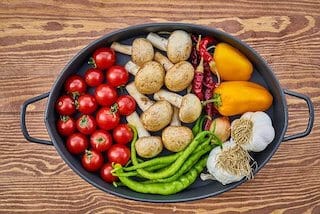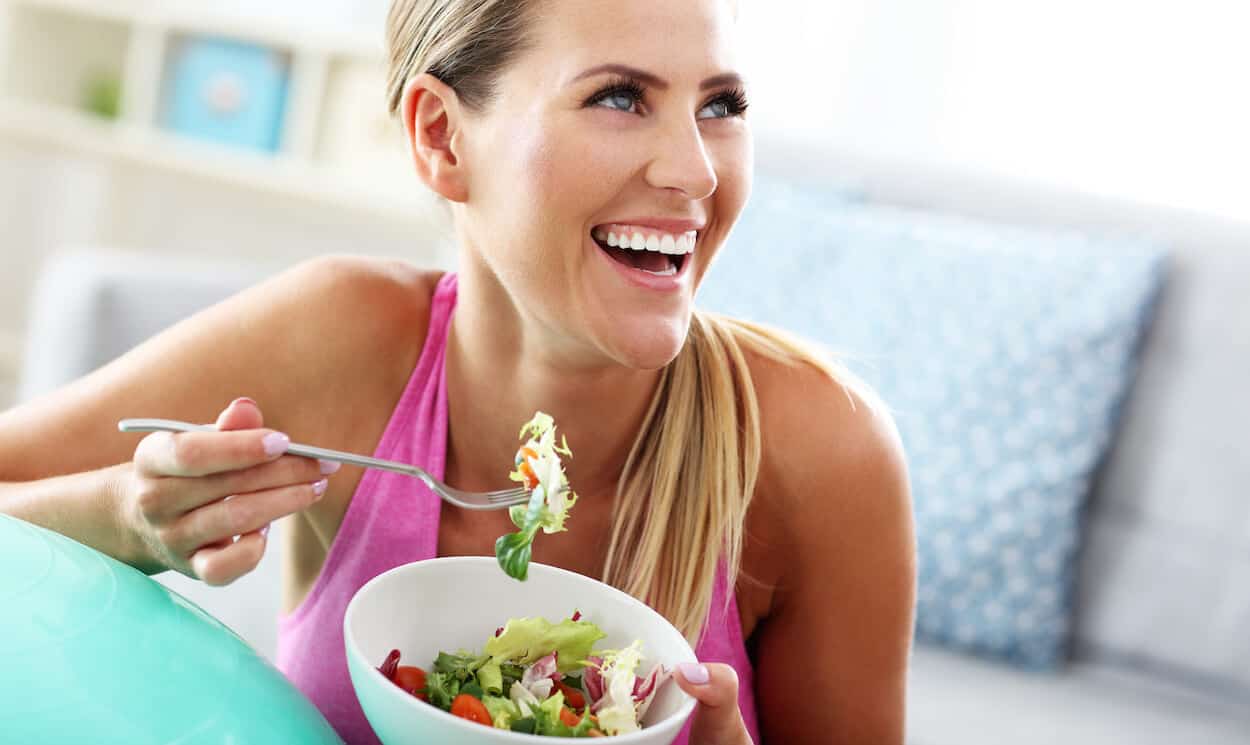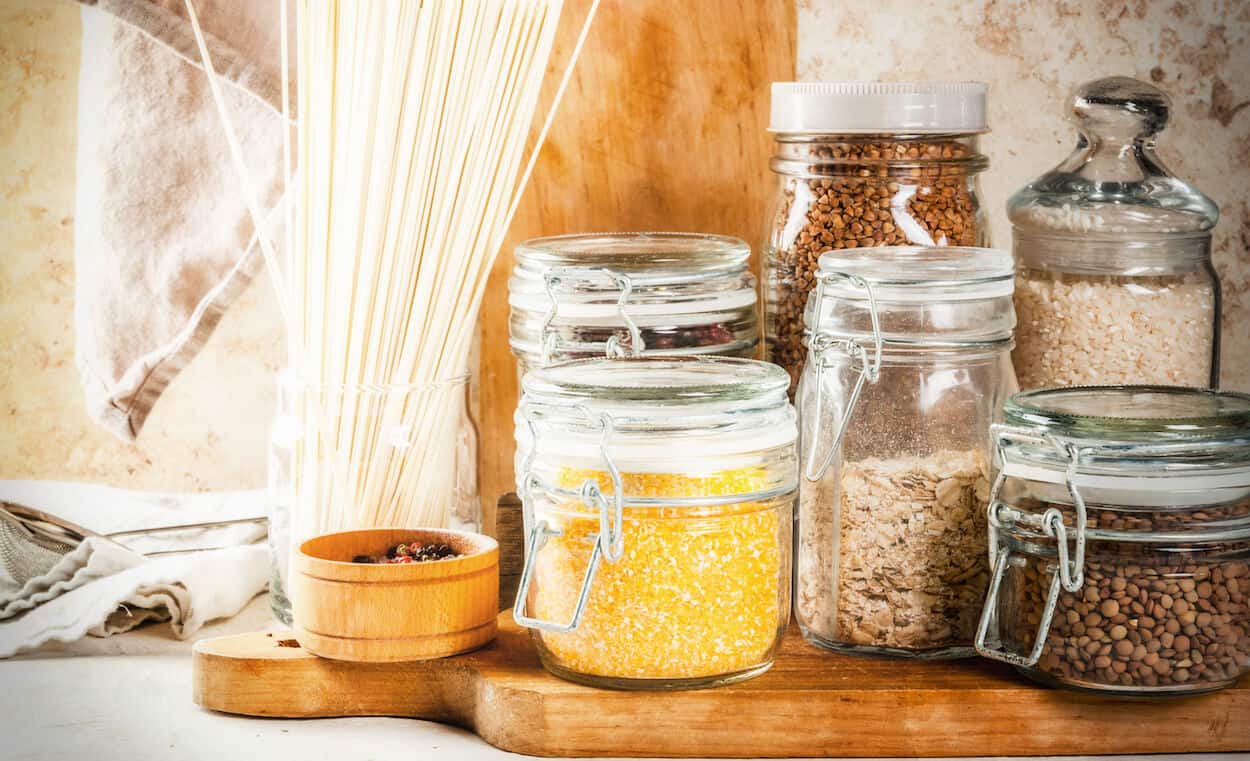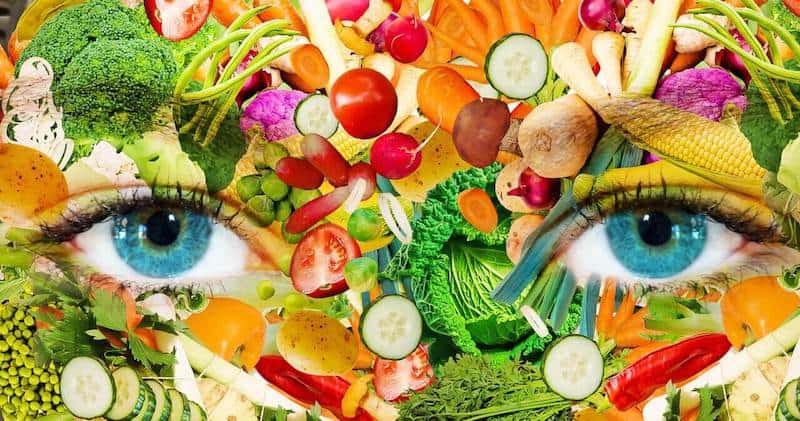Guest Post Courtesy of Carly Trigg
Dealing with Irritable Bowel Syndrome (IBS) is a big ask, and something sufferers have to, unfortunately, deal with all by themselves. Symptoms and ‘trigger foods’ differ from person to person and it’s simply a question of:
‘How do I tackle this so it works for me?’
Well, as nothing is written in stone for which foods you should definitely be eating, and what you should actively avoid, it’s better to observe basic guidelines which we know work for your bowel. Some of these are listed below and are my top five remedies for overcoming IBS. Try them out and see how these change the symptoms for you:
Eat smaller meals
As Best Health Mag tells us, we should think about “Grazing not gorging”. Although this is difficult for a lot of us, being surrounded by tasty, unhealthy food in insurmountable amounts, it’s something that does make sense. After all, if you have a bowel which spasms uncontrollably when it has to do a little digestive work, forcing it to do it all at once is only going to derail the entire eating opportunity.
So, as tempting as it might be to go back for seconds, let your stomach rest. Give yourself around 1-2 hours between small meals and pick up healthy items like nuts, grains, and veggies. If you want something more fulfilling – say you’re eating a meal with the family – cut out the parts that you know are likely to cause bloating. So, a Sunday Roast might be a small chicken breast, veggies, and a few potatoes, rather than stacking it full of all the unnecessary extras.
Spread out your water intake
It is extremely important to get the proper amount of water daily (generally 1/2 your body weight in ounces), especially when dealing with IBS, the CDC states that over 40% of people are under hydrated in the United States. However, the way you drink water can greatly reduce irritability and other issues. Instead of drinking your daily amount of water in 4-6 sittings throughout the day, which could be 12-16 ounces each time, space your intake more evenly and in smaller increments during the day, say 3-4 ounces at a time, every hour (think sips, not gulps). Because water must be digested just like the food it is important not to overfill your stomach!
So my advice is – drink smaller amounts of water more consistently during the day! This will help keep you going but keep your stomach more settled and less full all day long!
Keep an eye on the fries
Fried, battered, and microwaveable foods are no good to IBS sufferers and it’s the combination of fat, oil, flour, salt and preservatives that mean your IBS is only going to get worse once you eat them. These types of foods – yes, whilst tasty – are so bad for you, but there are loads of alternatives you can choose from. See here for more on why salt is a ‘silent IBS killer’.
Rather than a battered fish, try a more meaty tuna steak. Instead of a ready-made lasagna, cook up a light pasta dish in a lemon sauce. Swap fries in a restaurant for new potatoes or grilled veggies. Not huge changes, but a great start nonetheless.
Be happy with fats
Look at healthy fats as a good thing. They settle the stomach because they’re full-bodied and aren’t pretending to be something they’re not with over-produced chemicals, preservatives or colorings. Healthy fats can be found in gorgeous foods like avocado, nuts, chickpeas, peanut butter (no sugar) and full-fat yogurt. Your body not only gets nourished from these fats, but your bowel doesn’t want to fight it because it’s good, wholesome food either from the ground or unrefined.
For a great healthy fudge recipe (without any bad fudgey stuff), take a look here and give it a whirl!
Don’t restrict yourself
If you think you can’t eat a certain food group, don’t cut it out all in one go. You might actually be able to eat some of its variations, i.e. legumes are common trigger-foods, but you might find kidney beans do nothing to disrupt your IBS (they don’t for me!). Plus, once you cut out all of a food group, and then crave it, and then eat it, your body will react strangely and won’t understand the mixed signals. Self-restriction ends up in over-indulgence – and you can’t do that when you have IBS. So make a note of the foods you notice are causing problems and simply cut them out with a calm head.
Finding similar alternatives is always a good idea if the food you can’t eat is a staple food group. For example – if milk makes your tummy hurt, try soya rather than never eating cereal again. There are always options, just look around your local supermarket and just make sure you’re choosing the right cereals… I went a bit crazy at the cereal industry not long ago and picked out the best from the worst cereals for IBS.
Have faith! Making small, simple changes don’t have to drastically affect your lifestyle but they can make excellent differences to how you deal with your IBS!
Meet Carly
If you’d like to know more about dealing with IBS, take a look at My Well Being Journal or follow on Twitter @MWBJournal, a blog with good foods, healthy recipes, with a great support network of fellow IBS sufferers.







